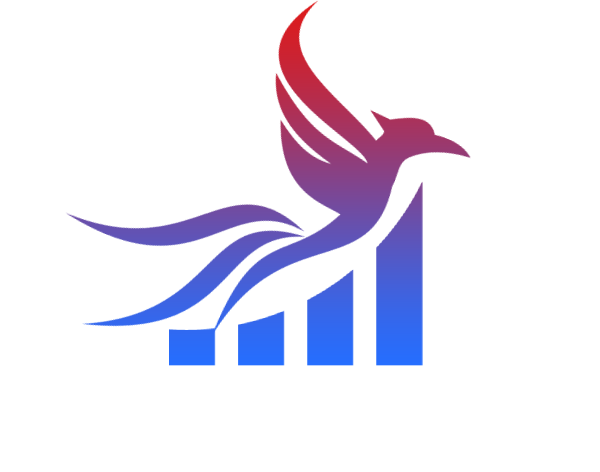Conventional vs. FHA Loans: Which Is Right For You?
- Content Writer
- August 18, 2023
- Conventional Loans, Mortgage and Financing Options
- 0 Comments
When diving into the world of home buying, two terms frequently arise in the mortgage discussion: conventional and FHA loans. Both are viable routes for financing a home, but each offers distinct features, pros, and cons. To assist you in making an informed decision, let’s delve deep into both options.
Understanding the Basics
Conventional Loan:
A conventional loan is a mortgage not insured or guaranteed by a government agency. Instead, it’s backed by private lenders and typically adheres to the standards set by Fannie Mae and Freddie Mac.
FHA Loan:
The Federal Housing Administration (FHA) insures FHA loans. Designed primarily for first-time homebuyers or those with lower credit scores, FHA loans can be easier to qualify for compared to their conventional counterparts.
Pros and Cons
Conventional Loan:
Pros:
- Down Payment Flexibility: Conventional loans can have a down payment as low as 3%.
- No Upfront Mortgage Insurance: Unlike FHA loans, there’s no upfront mortgage insurance premium.
- No Lifetime Mortgage Insurance: If you can make a down payment of at least 20%, you can avoid monthly mortgage insurance altogether.
- Higher Loan Limits: Generally, conventional loans have higher loan limits than FHA loans, allowing borrowers more buying power.
Cons:
- Stricter Credit Requirements: A higher credit score might be needed to qualify.
- Higher Down Payments for Lower Credit Scores: Lower scores may lead to higher required down payments.
- Potentially Higher Interest Rates: Depending on credit health, conventional loan interest rates may be slightly higher.
FHA Loan:
Pros:
- Lower Credit Score Requirements: Borrowers might qualify with scores as low as 500 (though with a 10% down payment; 580 for 3.5% down).
- Stable Interest Rates: Typically, FHA loans offer more competitive rates for those with lower credit scores.
- Higher DTI Acceptance: FHA loans might allow a higher debt-to-income ratio.
Cons:
- Upfront Mortgage Insurance: An upfront premium is charged, which can be rolled into the loan amount.
- Lifetime Mortgage Insurance: Unlike conventional loans, mortgage insurance is for the life of the loan unless you put down 10% or more.
- Lower Loan Limits: Generally, FHA loans have lower loan limits compared to conventional loans.
Choosing What’s Best: Scenarios
- First-time Homebuyers with Lower Credit Scores: For those with a credit score on the lower end and limited savings, an FHA loan might be a more viable option due to its lenient requirements.
- Established Buyers with Good Credit: If you have a robust credit score, sufficient savings, and are looking at a property in a higher price bracket, a conventional loan may offer more benefits.
Real Stories from Homeowners
Laura from Texas shares: “As a first-time homebuyer with a credit score just below 600, I struggled to qualify for a conventional loan. The FHA option not only allowed me to buy my first home but also came with a manageable interest rate.”
Mark from California explains: “Having previously owned homes and maintained an excellent credit score, a conventional loan was a clear choice for me. The absence of lifetime mortgage insurance and the ability to finance a pricier home sealed the deal.”
Guidance for Readers
Making the right mortgage decision is crucial. Begin by evaluating your financial situation:
- Assess Your Credit Score: This will often dictate which loan you’re more likely to qualify for.
- Consider Your Long-term Goals: If you’re planning to stay in a home long-term, avoiding lifetime mortgage insurance with a conventional loan might save you money.
- Consult with a Financial Advisor: This decision is significant. Speak with professionals to get a clear picture of your financial reality.
In conclusion, both conventional and FHA loans serve distinct purposes. It’s vital to match your choice with your financial reality, ensuring a stable and manageable homeownership journey.


